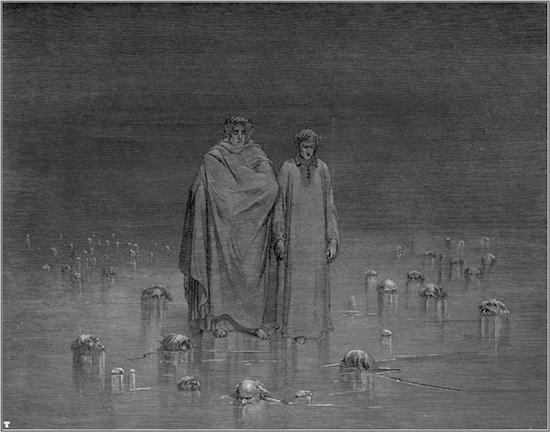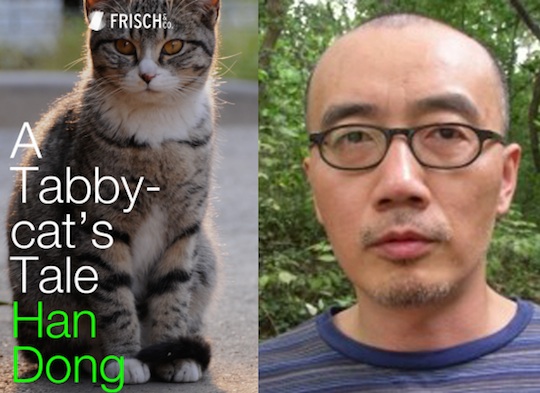The Tower, by Uwe Tellkamp, may appear to be a monolithic, singularly heroic literary act by a surgeon and survivor of the indignities of the German Democratic Republic. This man, who lived to tell the tale, so to speak, penned an epic about a bourgeois family which has retreated into a kind of inner emigration in the crumbling but stately villas of the posh Weißer Hirsch neighborhood in Dresden. But The Tower is much more complex than that, and intellectually rich. The story, with echoes of Thomas Mann’s Buddenbrooks, focuses on three men of various ages and various levels of complicity with the putrefying system of 1980s GDR, and it is now (finally!) available in print in English translation.
Who are these three men? Christian is a pimply and ambitious young student who dreams of following his father, Richard, into the field of medicine; he ultimately signs up for three years of military service in the hopes of securing a spot as a medical student. His efforts to mimic Party loyalty are largely successful until his collapse as a soldier. His father Richard’s 50th birthday party opens the novel and initially Richard appears equally eloquent and morally blameless. However, numerous affairs and a secret second family make him a pawn in the hands of the Stasi. Finally, Meno, Christian’s maternal uncle—something of a mentor to the teenage boy, and a former botanist—works as an editor at one of the GDR’s few high-quality imprints that frequently ran short on paper, rounding out the trio of protagonists.



